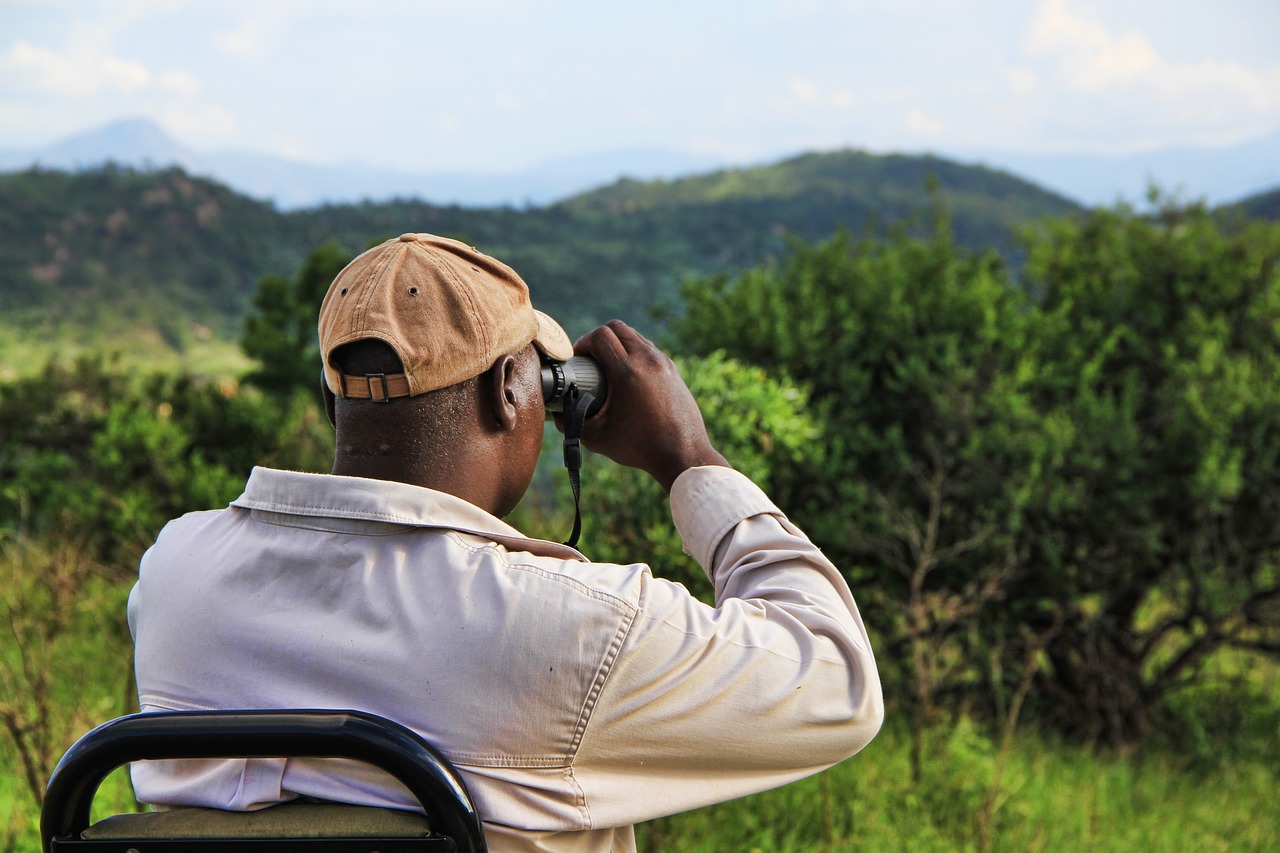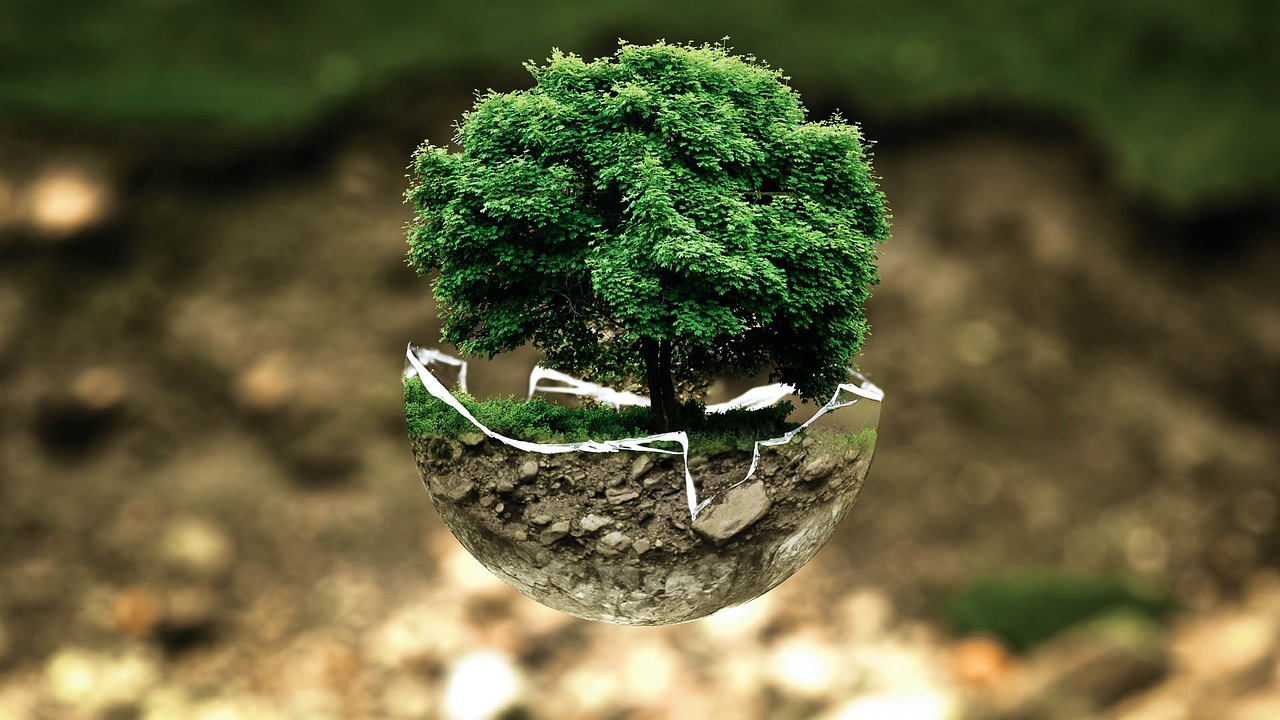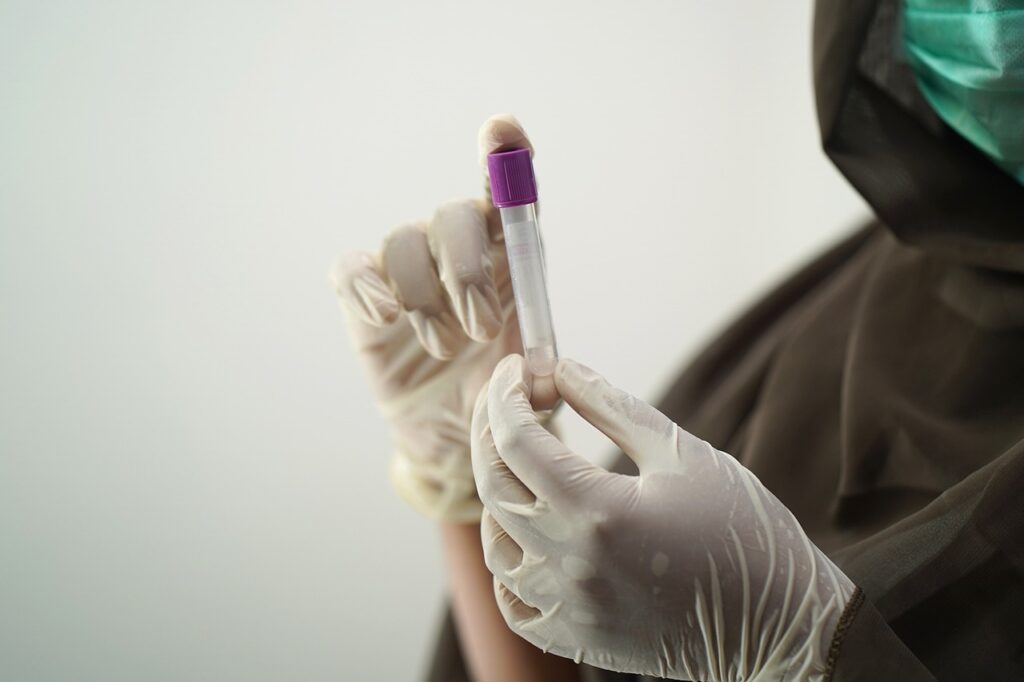
Ecology, in contrast to laboratory-focused scientific fields like microbiology, prioritizes field sampling techniques. Ecologists frequently venture into natural habitats to procure samples and acquire data regarding ecosystem traits and organism behaviors. It’s essential to note that while ecology is renowned for its fieldwork, many ecologists dedicate substantial time to laboratory work. Hence, possessing proficient laboratory skills is imperative for success in ecology. Notably, proficiency in field sampling serves as a foundation for developing effective laboratory skills, emphasizing the interconnectedness between field and laboratory methodologies.
In This Article…
- The Importance of Field Skills and Sampling Techniques
- Back in the Lab
- Proficiency in Statistics and Analysis
- Acquiring Laboratory Skills
- The Balance Between Field Work and Lab Work in Ecology Jobs
- Conclusion
The Importance of Field Skills and Sampling Techniques
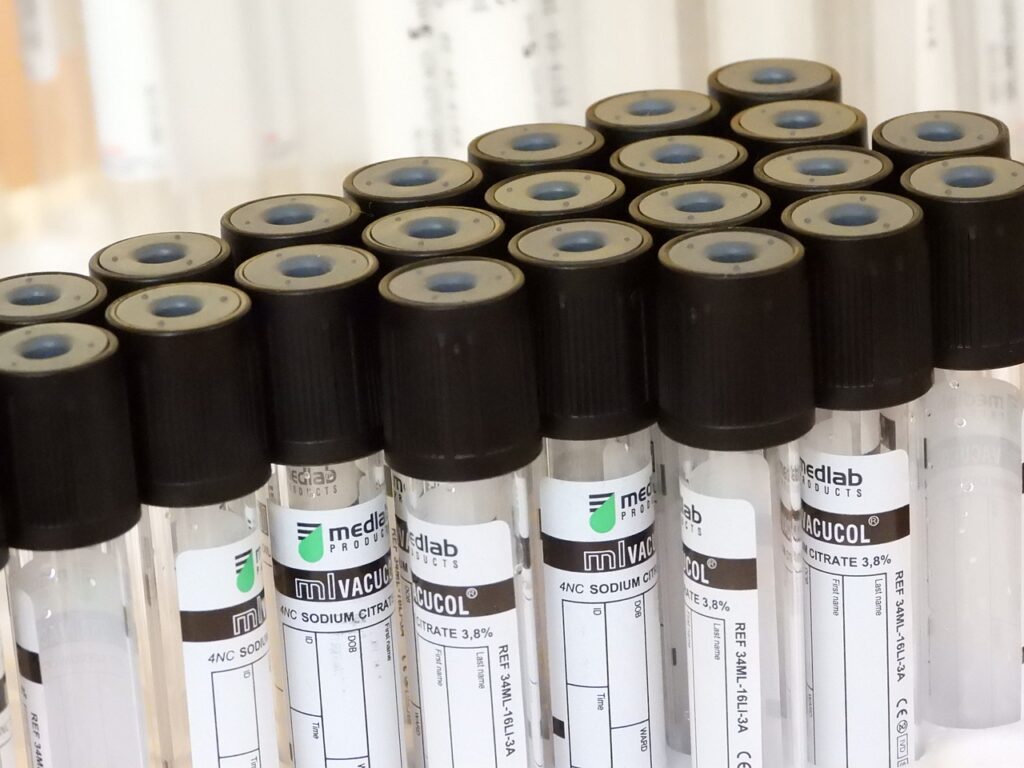
Field sampling skills include identifying target organisms, using equipment such as nets or traps, and strictly adhering to sampling protocols. – Sample preparation and processing are essential, involving techniques like filtering, drying, grinding, homogenizing, and preserving samples for further analysis. – Given the nature of ecological research, fieldwork often involves handling samples collected from the natural environment. As a result, ecologists must be adept at working with these “dirty” samples. Most of the principles and concepts that are important back in the lab start with proper field sampling.
Back in the Lab
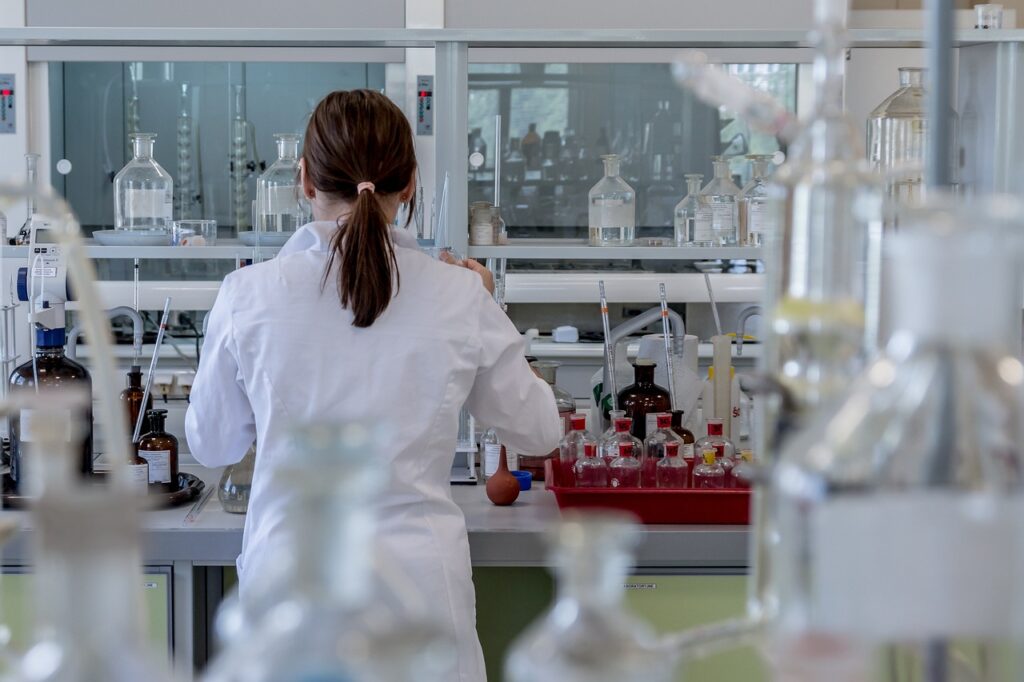
Once field samples are gathered, in many cases we head back to the lab for further processing and/or analysis. Laboratory skills can be broadly categorized into chemistry and microbiology lab skills.
1. Chemistry Laboratory Skills: – Ecologists need a solid foundation in chemistry to analyze samples collected during fieldwork. This entails a range of wet chemistry skills, including pipetting and preparing solutions and dilutions. – Key techniques include chromatography, UV-Vis or IR spectroscopy, titrations, distillations, and extractions. – Proficiency in operating chemical instruments such as GC-MS (Gas Chromatography-Mass Spectrometry) or HPLC (High-Performance Liquid Chromatography) is vital.
2. Microbiology Laboratory Skills: – When dealing with microorganisms, ecologists must be well-versed in laboratory techniques specific to biology, especially microbiology. – Essential skills include familiarity with various laboratory equipment, including microscopes, centrifuges, and pipettes. – Ability to perform techniques such as PCR (Polymerase Chain Reaction), gel electrophoresis, and spectrophotometry. – Techniques for isolating, culturing, and identifying microorganisms are critical in this realm. – Those with experience in dissections may find this valuable when handling living organisms in a laboratory setting.
Proficiency in Statistics and Analysis

Statistics is the last piece of the puzzle that ties together your laboratory and field skills.
Ecologists often rely on data management and statistical analysis software. Familiarity with programs like R or Excel/spreadsheets is highly beneficial. – Understanding the scientific method, experimental design, and the role of statistics is crucial. Ecologists need to make sense of data, interpret results, and draw meaningful conclusions.
Acquiring Laboratory Skills
One of the most frequently asked questions is how to acquire these laboratory skills, particularly when faced with challenges in securing employment. Here are some strategies:
- If you are a student at a university, consider reaching out to professors for opportunities to shadow them in their labs. Offer your assistance and express your interest in gaining hands-on experience.
- If you are not currently enrolled in a university or formal education, explore one-off classes on basic chemistry or biology with a laboratory component. Local community colleges and certification programs may offer suitable options.
The Balance Between Field and Lab Work in Ecology Jobs

The exact amount of field work and lab work can vary significantly depending on the specific job. There are many ecology roles that only involve some component of fieldwork or lab work. But there are also many that often require a significant amount of time devoted to writing. Ecologists frequently prepare assessments, reports, grant proposals, and other documentation. On the other hand. roles like forestry technicians may involve a more substantial focus on field work with no lab work component. The balance is determined by the specific job responsibilities.
Conclusion
Laboratory skills are the bedrock of ecological research, enabling ecologists and environmental scientists to transform field-collected samples into meaningful insights. As you embark on your journey to master these skills, remember that hands-on experience, even outside traditional full-time roles, can serve as a foundation for a promising career. Showcase your practical knowledge, adaptability, and ability to excel in both challenging outdoor conditions and sophisticated laboratory settings.
Thank you for reading, and may your laboratory skills pave the way for a bright and impactful career!
